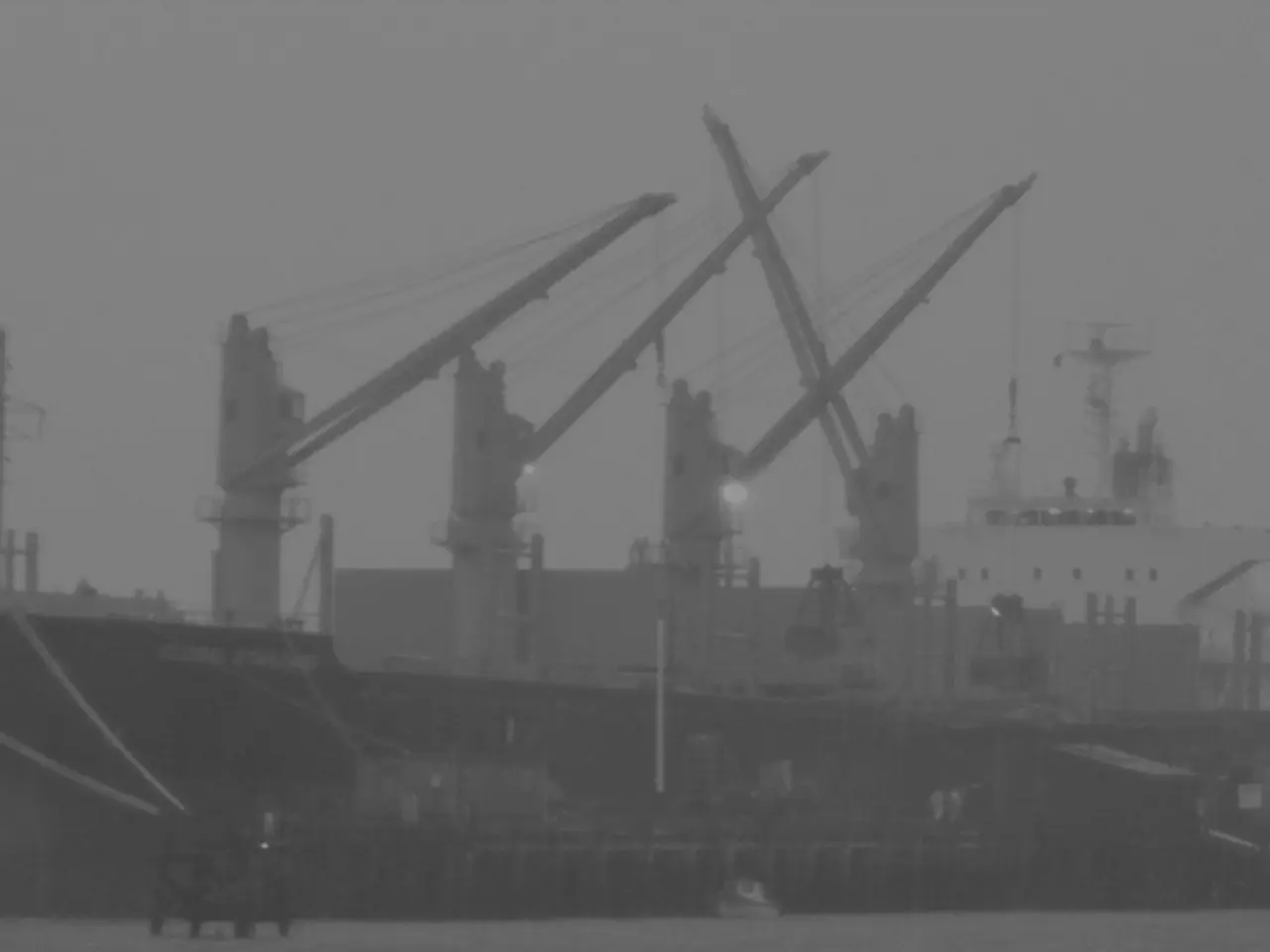Widespread, disturbing allegations of systemic maltreatment towards migrants by the Greek coast guard.
In Greece, a troubling pattern of human rights violations against migrants has persisted for over two decades. The European Committee for the Prevention of Torture (CPT) reported in 1994 that many individuals in police custody endured severe ill-treatment, with some cases amounting to torture. Despite efforts to address these concerns, improvements have been slow, and the situation remains dire.
Fast forward to 2023, and a viral video on social media showed asylum seekers cable-tied and blindfolded in the back of a van on a Greek holiday island. The authenticity of the video was initially questioned, but new documents from the European Border and Coast Guard Agency (Frontex) confirmed the incident. The UN experts condemned the lack of accountability for violations involving Greek law enforcement personnel.
Reports from Amnesty International have been denouncing the mistreatment by Greek law enforcement for years. Witnesses claim that the Greek coastguard deliberately drowned nine individuals, while one migrant survived being thrown into the sea without a life jacket, but his companions did not. Migrants have reported being thrown directly into the sea, with four of these cases involving migrants who had already landed on Greek islands and were subsequently hunted down.
Historical reports document consistent human rights violations against migrants by Greek authorities, particularly involving illegal pushbacks, harsh detention conditions, and restrictive migration policies. The early 2000s to 2010s saw widespread use of illicit pushbacks at sea and land borders, often involving theft, humiliation, beatings, and abandonment at sea. These abuses continued for over 20 years, becoming more systematic and large-scale over time.
The EU and media condemned Greece for "gross and systematic human rights abuses" amid increased migrant arrivals during the 2015 migration crisis. Pushbacks grew in scale, allegedly reaching nearly 26,000 people pushed back by coastguard in 2023 alone. Migrants were sometimes apprehended inland and forcibly transferred for pushbacks towards Türkiye.
Despite mounting credible evidence, including deaths caused when migrants were shot at or thrown into the sea, Greek authorities denied wrongdoing. EU-level condemnation grew muted, and investigations like those by Frontex continued reviewing multiple cases of human rights violations by Greek forces in recent years.
In addition to illegal pushbacks, migrants face harsh detention and treatment. Migrants, especially from war-torn African countries, face detention in overcrowded, poor conditions such as in the Ayia detention facility, raising serious human rights concerns. Migrants often lack access to hygiene, adequate shelter, or the opportunity to present asylum claims.
Recent legislation imposes up to five years in jail for illegal entry, except for those fleeing armed conflict. Asylum applications, especially from North Africa, have been suspended temporarily or longer, effectively barring vulnerable migrants from protection. This has been justified by Greek officials as necessary to curb "invasion" and illegal migration, but criticized by human rights groups as violating asylum rights and international law.
Migrants without legal status find it very difficult to access basic services or report exploitation due to Greek laws restricting services for undocumented migrants. Large numbers of deportations have been carried out historically and continue, deepening migrants’ vulnerability.
The overall impact of these practices includes increased migrant deaths, denial of asylum rights, suffering within detention centers, and a climate of fear that discourages migrants from seeking legal protections or reporting abuses. These actions have drawn international criticism but have persisted amid growing nationalist political narratives and the EU’s shifting stance on migration enforcement.
In conclusion, human rights violations by Greek authorities against migrants span decades, mark a trend from illegal pushbacks and violence to highly restrictive asylum policies and harsh detention, with documented deaths and severe humanitarian consequences. The urgent need for accountability and reform within the institutions responsible for these tragic outcomes is clear.
Read also:
- Massive 8.8 earthquake hits off the coast of Russia's Kamchatka Peninsula, prompting Japan to issue a tsunami alert.
- Court petitions to reverse established decision on same-sex marriage legalization
- Proposed Standardization of Food Labeling Laws Among Member States by the Commission
- Current News: AfD Achieves 26% - Union Dips to Laschet's Level






